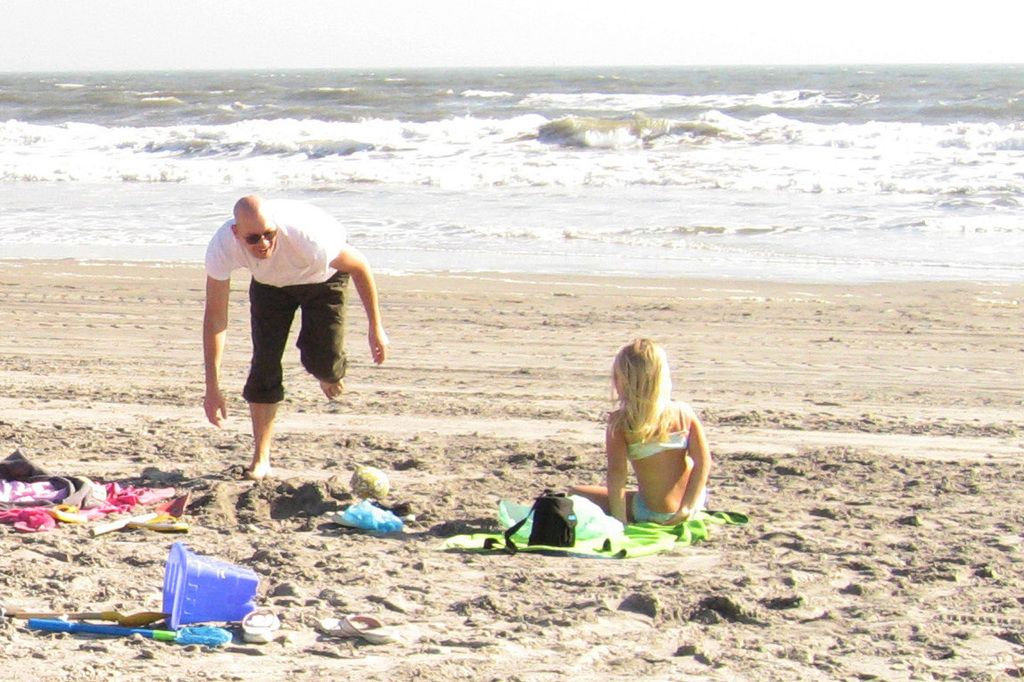Democratic candidate Lee Jae-myung clinches South Korea's presidential election, marking an end to prolonged political strife.
Win for South Korea's Liberal Opposition: A Fresh Start after Months of Political Chaos
South Korea's liberal opposition candidate, Lee Jae-myung, has stormed his way to the presidency, securing over 49% of the votes in a hotly contested election with one of the country's highest voter turnouts.
With approximately 80% of the 44 million eligible voters casting their ballots, Lee bid farewell to the politically tumultuous past, ushering in a new era with promises to tackle poverty, corruption, and economic disparities.
The former child laborer, known for his inspirational rags-to-riches story, emerged as a prominent figure by sharply criticizing the conservative establishment and advocating for a more proactive South Korea in its foreign policy.
With near- hyperdrive excitement, Lee vowed to make sure there would never again be a military coup d'etat, a clear swipe at former President Yoon Suk Yeol, who was impeached following his hasty and ultimately unsuccessful imposition of martial law.
Lee's victory was decisive, with over 99% of the votes counted, he secured 49.3%, while his main conservative rival, Kim Moon Soo, lagged behind with 41.3%.
While the details of Jae-myung's foreign policy are yet to be fully unveiled, experts have suggested that his pragmatic stance will likely continue South Korea's alliance with the United States, while also bolstering economic and security ties with Japan and pursuing diplomatic engagement with North Korea.
According to Jae-myung, his approach will be centered on transactions, prioritizing immediate benefits for the country rather than ideological alignments. This pragmatic approach has drawn mixed reactions, with critics labeling him a dangerous populist who backtracks on promises, and supporters hailing him as a reformer capable of driving significant changes.
In terms of relations with China and North Korea, Jae-myung has shown a preference for ambiguity over clear alignment, demonstrating a willingness to maintain positive relations without taking sides. However, he remains firm on the need for strong deterrence and dialogue to address potential threats from North Korea's nuclear program and military aggression.
As South Korea's newly elected president, Lee Jae-myung is poised to face a multitude of challenges, including the US tariff policy, North Korea's advancing nuclear program, and managing the complexities of his political stance domestically and internationally.
Whether he can live up to the expectations and deliver on his promises remains to be seen. But one thing is for certain - Lee Jae-myung has caused a seismic shift in South Korea, providing the nation with a much-needed breath of fresh air.
- Bye-bye political chaos, hello reform
- Lee's foreign policy: A pragmatic approach
- An era of change: Lee Jae-myung takes over
Insight:
Lee Jae-myung's victory signals a shift in South Korea's foreign policy, which is characterized by pragmatism and a transactional approach. He plans to maintain and strengthen the alliance with the U.S., focusing on maximizing benefits for South Korea’s domestic interests through economic cooperation and defense cost-sharing. He also seeks to engage in diplomatic talks with North Korea with a commitment to strong deterrence based on the South Korea-U.S. military alliance. Lee aims to bolster trilateral cooperation with the U.S. and Japan, enhancing regional stability and security through this partnership. In terms of relations with China and North Korea, Lee has demonstrated a preference for ambiguity over clear alignment, and will likely pursue a more transactional relationship, as guided by transactional realism.
- Lee's election marks the beginning of a new chapter in South Korea's education-and-self-development, with a focus on personal-growth and lifelong-learning.
- The newly elected president aspires to foster a mindful society, promoting mental wellbeing and self-improvement.
- Lee's victory in the election is a reflection of the public's desire for productive career-development opportunities.
- The new foreign policy emphasis on trilateral cooperation with the U.S. and Japan will benefit economy-and-commerce, leading to increased productivity and job-search prospects.
- Policy-and-legislation efforts will prioritize job creation, skill-training, and measures against job-discrimination.
- South Korea's foreign policy will be guided by a spirit of cooperation, focusing on diplomatic engagement and peaceful resolution of conflicts like war-and-conflicts and crime-and-justice issues.
- In the wake of the election, South Korea can expect to see renewed efforts in the online-education sector, with a focus on accessibility and affordability.
- General-news outlets will closely monitor Lee's administration for signs of progress on his campaign promises, such as reducing poverty and economic disparities.
- The new administration's pragmatic approach to foreign policy may yield unexpected benefits, leading to potential collaborations in areas like sports or auto racing.
- As part of the nation's rejuvenation under Lee, there will be increased focus on sports such as football, basketball, baseball, hockey, golf, tennis, and mixed-martial-arts, fostering national pride and camaraderie.
- Champions-league competitions will see increased support and interest, as well as potential attendance by the newly elected president.
- NFL, NBA, and NHL teams might find opportunities for collaborations or tours in South Korea.
- Although the fighting season in the Premier League and American Football may divert attention, weather-forecasting will remain vital for ensuring the safety of players and fans.
- In the realm of sports-betting, there might be renewed discussions on regulations and oversight to prevent misuse and manipulation of the system.
- European-leagues will likely foster partnerships with South Korean counterparts, aiming for knowledge-sharing and mutual growth.
- Golf tournaments such as the Masters and Grand Prix will see increased participation and interest, boosting the sport's popularity in the country.
- Horse-racing events are expected to draw larger crowds, fostering a sense of excitement and tradition.
- The focus on education and self-development will also extend to sports-analysis, with an emphasis on skill-enhancement and strategy in various sports domains.
- Weather is likely to remain a key concern throughout Lee's presidency, with weather-forecasting playing a crucial role in ensuring the safety of the people, amid car-accidents, fires, and other emergencies.
- The complexities of inter-national relations, including the US tariff policy, North Korea's nuclear program, and China's position, will test the new president's mettle and goal-setting capabilities.
- Ultimately, Lee Jae-myung's success will hinge on his ability to navigate the intricate maze of politics, ensuring the continued prosperity and stability of South Korea.








